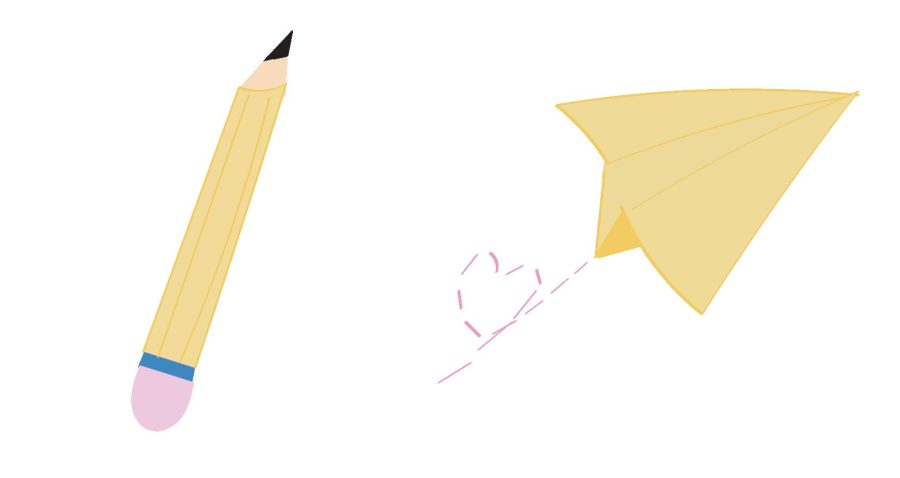Travis Henderson is the first teacher to employ Dialectical Behavioral Therapy teaching at West.
Dialectical Behavior Therapy
Dialectical Behavioral Training, or DBT, is a trimester-long, group-based course that teaches skills for improved mindfulness, stress tolerance, emotional regulation and relationship building.
DBT was introduced to the district by the University of Iowa Hospital and Clinics, or UIHC. The UIHC had used DBT with patients and was interested to see the implications of implementation in schools. Initially, DBT skills were taught to students in an after-school setting, but accessibility issues and positive feedback demonstrated the need for a DBT class with a set curriculum. The course started at City High and was integrated into West High this fall. There is one period of DBT taught by social studies teacher Travis Henderson.
Henderson believes that the skills taught in DBT are some of the most applicable lessons students will learn in high school.
“So many times we sit in classrooms, and we’re like, ‘I don’t get how I’m going to use this,’” Henderson said. “This is the class where I don’t see how I could not use this every single day of my life.”
One of the most important lessons that Henderson teaches in the class is effective interpersonal skills. He believes having that focus will be most impactful.
“[DBT] requires a lot of conversation, and to have those conversations, you really have to trust one another. We’ve been working on building trust, respect … and relationships,” Henderson said.
ICCSD Learning Supports Coordinator Coreen Frank is working closely with the UIHC to make this course as effective as possible. The Child and Adolescent Psychiatry department at the UIHC provides trainers to teach staff across the district about DBT. Additionally, they will be surveying students who take the course at the beginning and end of the trimester to assess its effectiveness.
“At the end of the year, we’ll have three trimesters worth of data to look at in terms of what kids are saying about the course,” Frank said. “I want to see what the research says there and then figure out what we can do to make it even better.”
While helping to develop DBT, Frank has learned many skills.
“If I’m struggling with something, I will use one of those DBT skills to help myself get through it,” Frank said. “It’s exciting to be on the front edge and kind of thinking differently about what we can teach to kids that will be helpful.”
Considering the utility of these lessons, Henderson hopes that a larger group of students enroll in the class. Anyone can take the course by inquiring with a guidance counselor, or by signing up during course enrollment in February.
“[West’s] student population talks frequently about [how curriculums] don’t focus on mental health enough. I’m like, ‘Here is an option, give it a shot, step up and make this a big deal,’” Henderson said. “We can start changing the narrative and we can get a critical mass of people who have these skills to help each other.”
In only a few weeks of instruction, Henderson has already observed the skills his students have gained.
“The big win right now is seeing students that come from a lot of different backgrounds and experiences opening up to talk about big feelings.”

